Advertisement
Mystery of the Mandela Effect
Advertisement
The Mandela Effect is a fascinating phenomenon where a large group of people share a false memory that feels real. Although it sounds like something out of a sci-fi story, it’s a genuine psychological occurrence that has intrigued researchers and the public alike. In psychiatry, this is known as confabulation, where people recall a memory inaccurately, even if it’s widely shared. Some theories suggest explanations ranging from simple memory errors to more complex ideas, like the existence of parallel universes.
The Origins of the Mandela Effect
The term “Mandela Effect” was coined by blogger Fiona Broome in 2010. It originated from the collective memory many people had that Nelson Mandela, the former South African president, died in prison during the 1980s. This false memory was so vivid that people claimed to remember news articles and broadcasts about his death. In reality, Mandela was released from prison in 1990 and passed away in 2013. This strange shared belief spurred interest in understanding how such a memory could be so widespread.
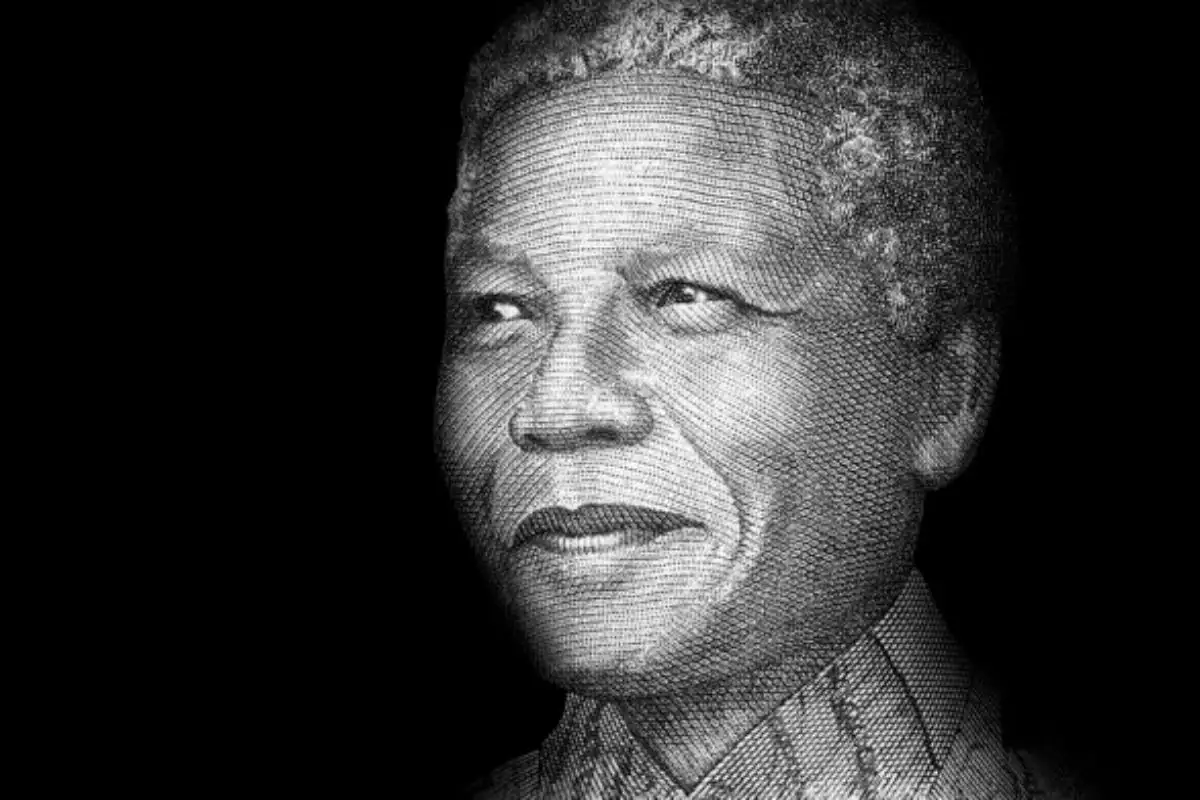
Advertisement
The False Memory Theory
One common explanation for the Mandela Effect is the theory of false memory. Psychologists believe that when a memory error becomes widespread, it can start to feel true to many people. With the rise of the internet, sharing false information has become easier, reinforcing these collective misconceptions. When enough people adopt the incorrect memory, it can be difficult to separate fact from fiction. This is how a simple error can become a widely accepted “truth.”
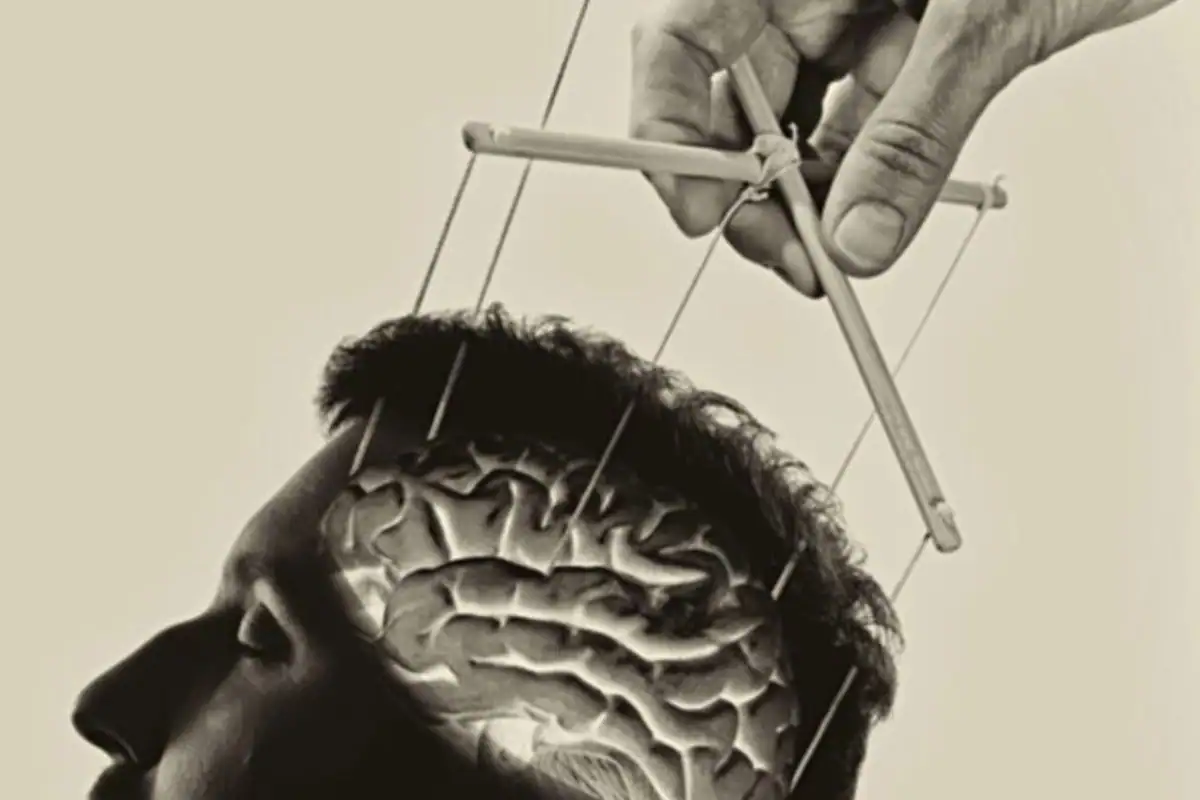
Advertisement
The Parallel Universe Theory
A more speculative theory suggests that the Mandela Effect is evidence of parallel universes. According to this idea, the reason so many people remember an event or fact differently is because it was true in a different version of reality. This theory captures the imagination, especially among sci-fi enthusiasts, as it sounds like something out of Back to the Future. While there’s no scientific proof for this theory, it continues to intrigue those who wonder about the nature of reality.
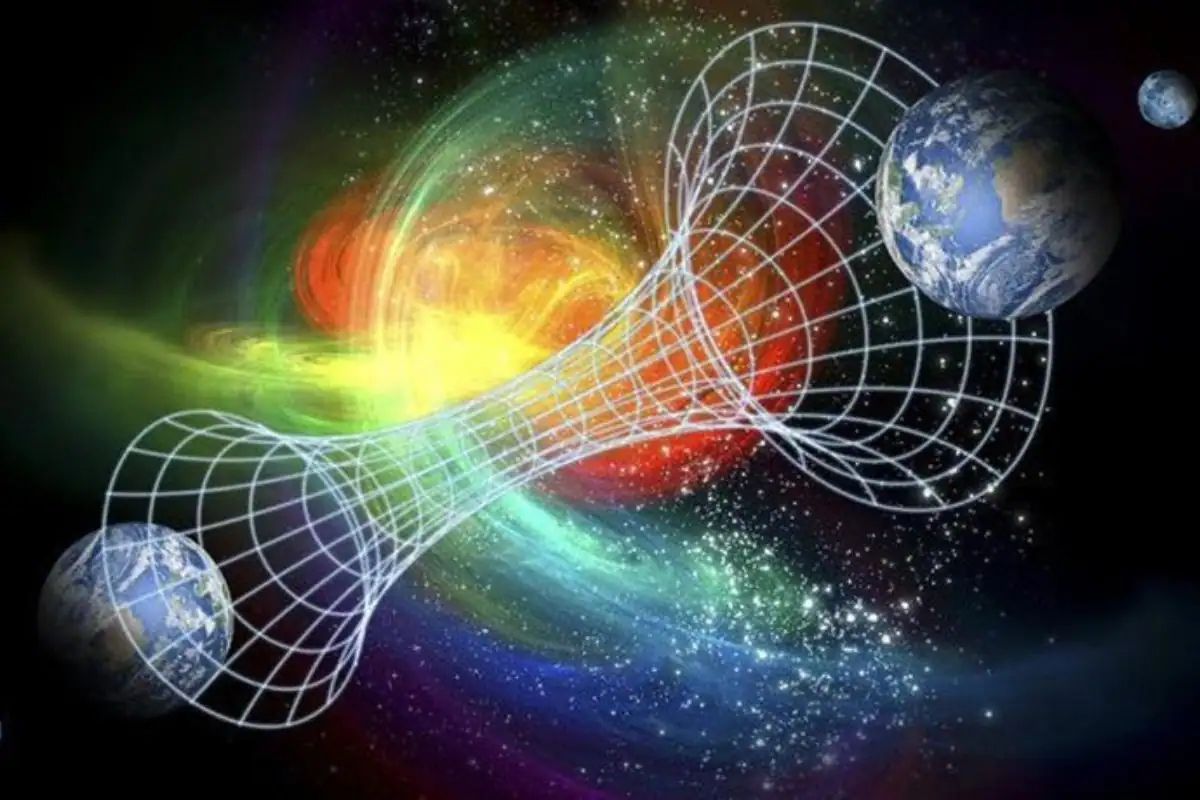
Advertisement
The Berenstain/Berenstein Bears Confusion
One of the most famous examples of the Mandela Effect involves the popular children’s book series, the Berenstain Bears. Many adults who grew up reading the books remember the title being spelled as “Berenstein” with an “e.” However, a quick check reveals that it has always been “Berenstain” with an “a.” This discovery leaves many people scratching their heads and questioning how they could have collectively misremembered something so simple.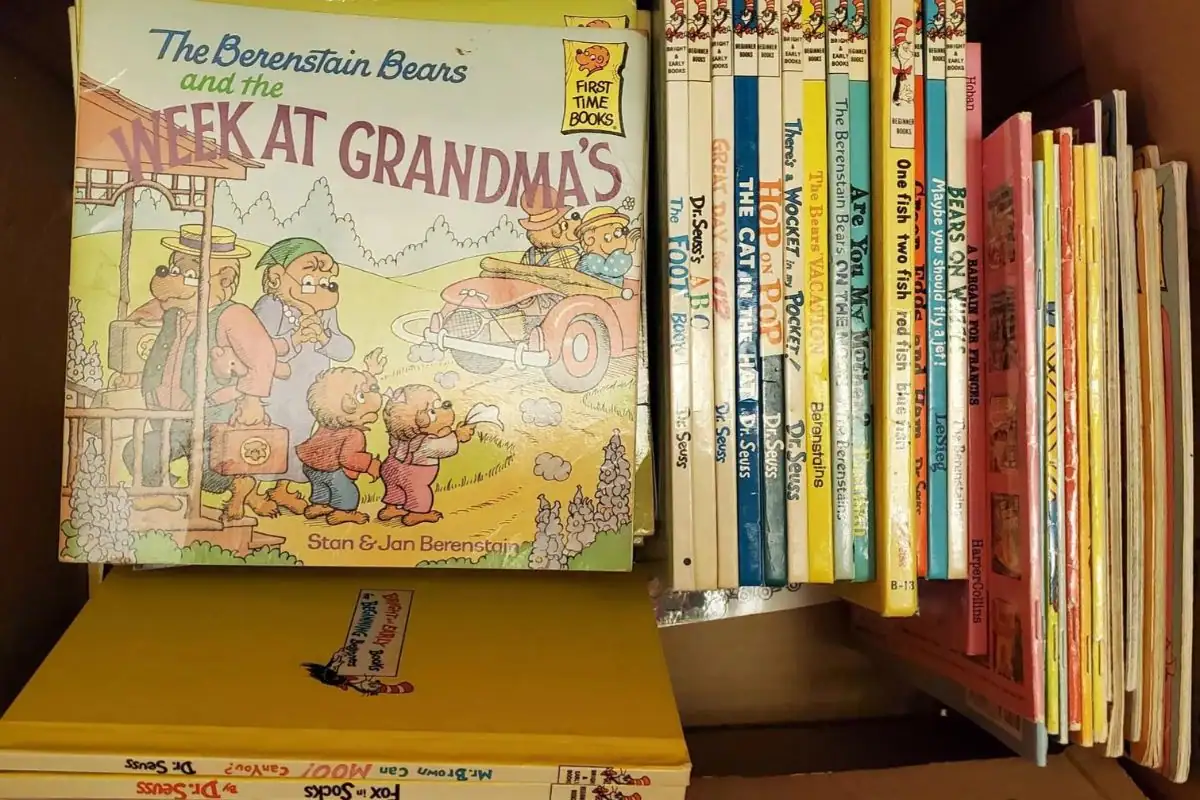
Advertisement
The Monopoly Banker’s Monocle
The classic board game Monopoly has been a staple in American homes for decades. Yet, many people recall the Monopoly banker, known as Rich Uncle Pennybags, having a monocle. However, when reviewing old game materials, it becomes clear that he never wore one. This is another prime example of how a shared false memory can become embedded in popular culture without any basis in reality.

Advertisement
Brand Names and Spelling Mix-Ups
The Mandela Effect often involves brand names that people remember incorrectly. For instance, some believe the candy brand Kit Kat has a hyphen in the middle, making it “Kit-Kat.” However, past wrappers show that no hyphen has ever existed. Another example is the confusion between “Oscar Mayer” and “Oscar Meyer.” While some may confidently swear by one spelling, a look at the packaging proves that it’s “Oscar Mayer.”

Advertisement
Source Monitoring Errors
Psychologists often refer to a phenomenon called source monitoring errors to explain the Mandela Effect. This occurs when people can’t distinguish between actual and imagined events. Over time, memories from childhood or past experiences can shift to fit how someone wishes things had happened, eventually feeling like the truth. These errors are more common than most people realize and can even lead to family disputes over who remembers what correctly.
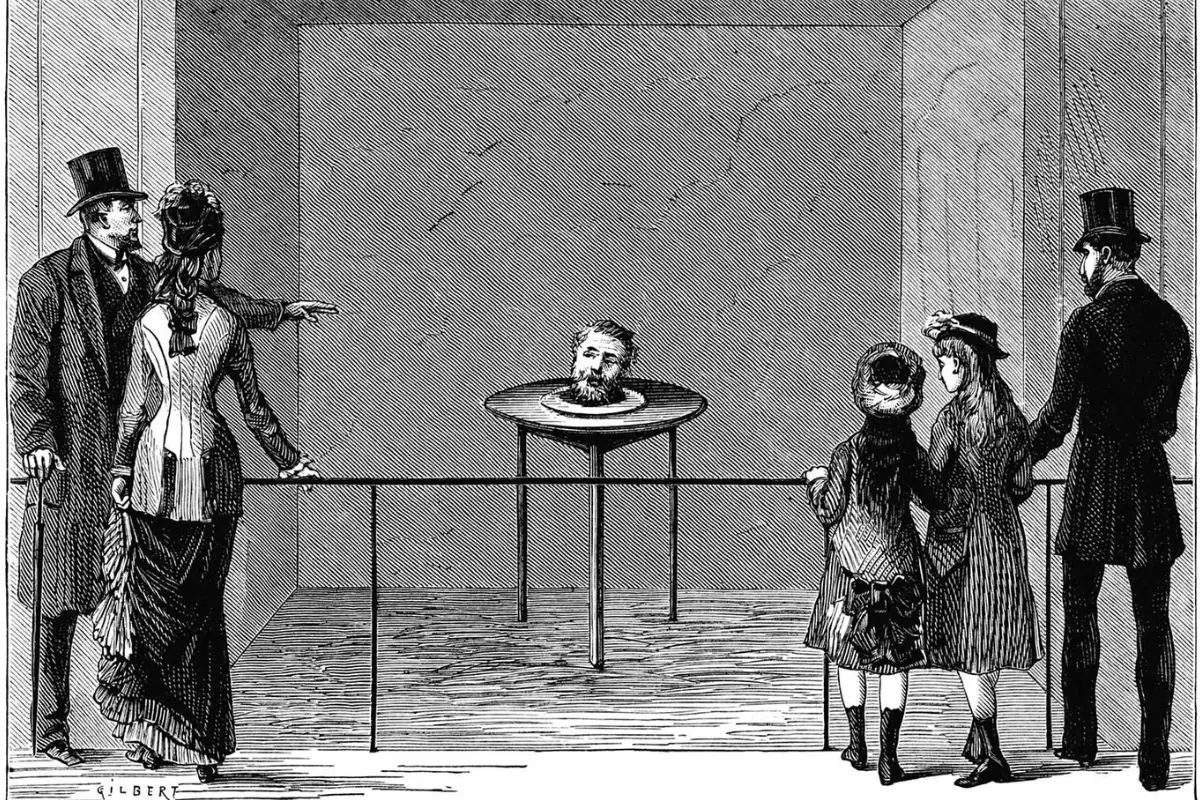
Advertisement
The Role of the Internet
The internet plays a huge role in spreading and reinforcing the Mandela Effect. When people come across a shared false memory online, they may start to believe it as true, especially if it aligns with what they already think they remember. As more people share these “memories,” the belief grows stronger, and the true version of events becomes harder to recall. This cycle shows how quickly misinformation can spread and embed itself in collective memory.

Advertisement
Mandela Effect and Conspiracy Theories
Some examples of the Mandela Effect, like the line from Snow White where many remember the evil queen saying, “Mirror, mirror, on the wall” instead of the actual line, “Magic mirror, on the wall,” have sparked conspiracy theories. These theories often suggest that powerful groups are altering information to manipulate what society knows and remembers. While these ideas are intriguing and fuel countless discussions, they can also lead down a tricky path that blurs reality and fiction.
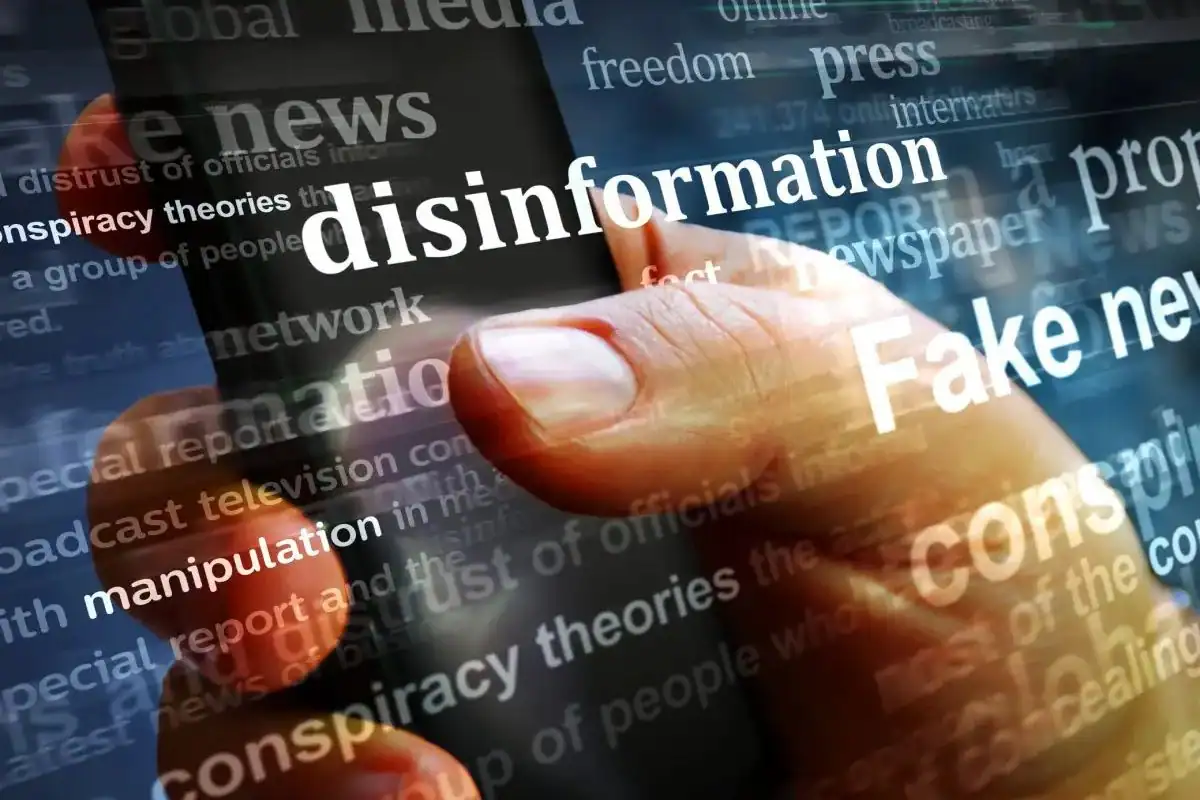
Advertisement
So, What Is the Mandela Effect Really?
Is the Mandela Effect simply a case of shared memory errors, a product of internet culture, or even proof of alternate realities? Could it just be that people are quick to accept false information as fact? The truth is, no one really knows for sure, and that mystery is what makes the Mandela Effect so captivating. It reminds us that memory isn’t always as reliable as we think, and sometimes the explanations are as strange as the phenomenon itself.

.png)




